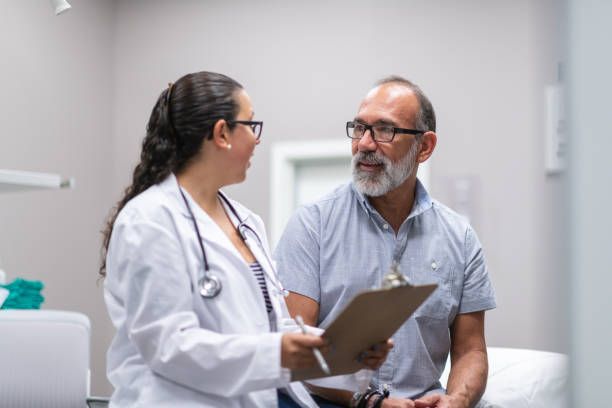- Bone Health
- Immunology
- Hematology
- Respiratory
- Dermatology
- Diabetes
- Gastroenterology
- Neurology
- Oncology
- Ophthalmology
- Rare Disease
- Rheumatology
New York Medicaid Ramps Up Biosimilar Use
New York Medicaid achieved 78% to 94% biosimilar utilization for 4 originator brands during a focused effort in 2019.
A New York state Medicaid biosimilar preference initiative was successful in significantly boosting biosimilar use over 2019, according to a poster presentation at AMCP 2021.
For example, from the second to fourth quarters of 2019, the total percent utilization of infliximab (Remicade) biosimilars went from 59% to 78%; filgrastim (Neupogen), 87% to 94%; pegfilgrastim (Neulasta), 70% to 89%, and epoetin alfa (Epogen), 51% to 86%, investigators said.
Although they are as safe and efficacious as originator brands, and often cheaper, biosimilars in New York state cannot be automatically substituted at the pharmacy counter for originators, so provider prescriptions are required for them to be used. It was therefore necessary to bring providers on board with the biosimilar preference plan to get them to help make the conversion to biosimilar use, the investigators said.
The state Medicaid plan launched a concerted effort 6 months prior to launch of the plan to communicate with providers and share information on biosimilar equivalence to reference products. In addition, a pharmacy team reached out to providers to promote the authorization of biosimilar use among plan beneficiaries who were already receiving originator biologics.
According to the poster information provided, use of the 4 originator drugs was at or close to 100% of total utilization prior to the start of the program in the first quarter of 2019. Use of all originator brands dropped below 25% of total utilization by the fourth quarter of 2019. Conversely, biosimilar use for these 4 drug types exceeded 75% of total utilization by the end of that year.
The year-long rise in biosimilar use was steep, not gradual. Biosimilar use as a percent of total utilization exceeded 50% by the second quarter of 2019, investigators said.
“The upward trend in the utilization of the biosimilar vs reference products show that a provider-focused strategy with a phased approach was successful,” the study authors said.
Among the strategies employed to make the biosimilar promotion plan successful were not only provider outreach and communication, but also the establishment of biosimilar preferences in clinical criteria and reconfiguration of the medical and pharmacy benefit. As part of the latter, coding was adjusted to reflect biosimilar preferences and formulary documents and authorization grids were updated.
The outreach effort included communications to 1560 hematologist/oncologists, 378 rheumatologists, 1498 gastroenterologists, 823 nephrologists, and 805 dermatologists. A retrospective claims analysis was used to determine how rapidly the conversion from reference products to biosimilars occurred.
Explaining the desire to switch to lower-cost biologics, such as biosimilars, the authors wrote that although biologics are valuable for treatment of patients with complex and chronic health conditions, “these medicines come with a high cost, creating challenges for both the patient and the payer.”
Reference
Huang D, Sikder A, Banbaji F, Felton C, Patel A, Moncayo E. Conversion from the reference product to the biosimilar: experience of a New York state Medicaid plan. Presented at: AMCP 2021; April 12-16, 2021. Accessed April 14, 2021. https://amcpannual2021.pathable.co/organizations/DgLQkoXaW5MohLp7H#/?
Newsletter
Where clinical, regulatory, and economic perspectives converge—sign up for Center for Biosimilars® emails to get expert insights on emerging treatment paradigms, biosimilar policy, and real-world outcomes that shape patient care.

